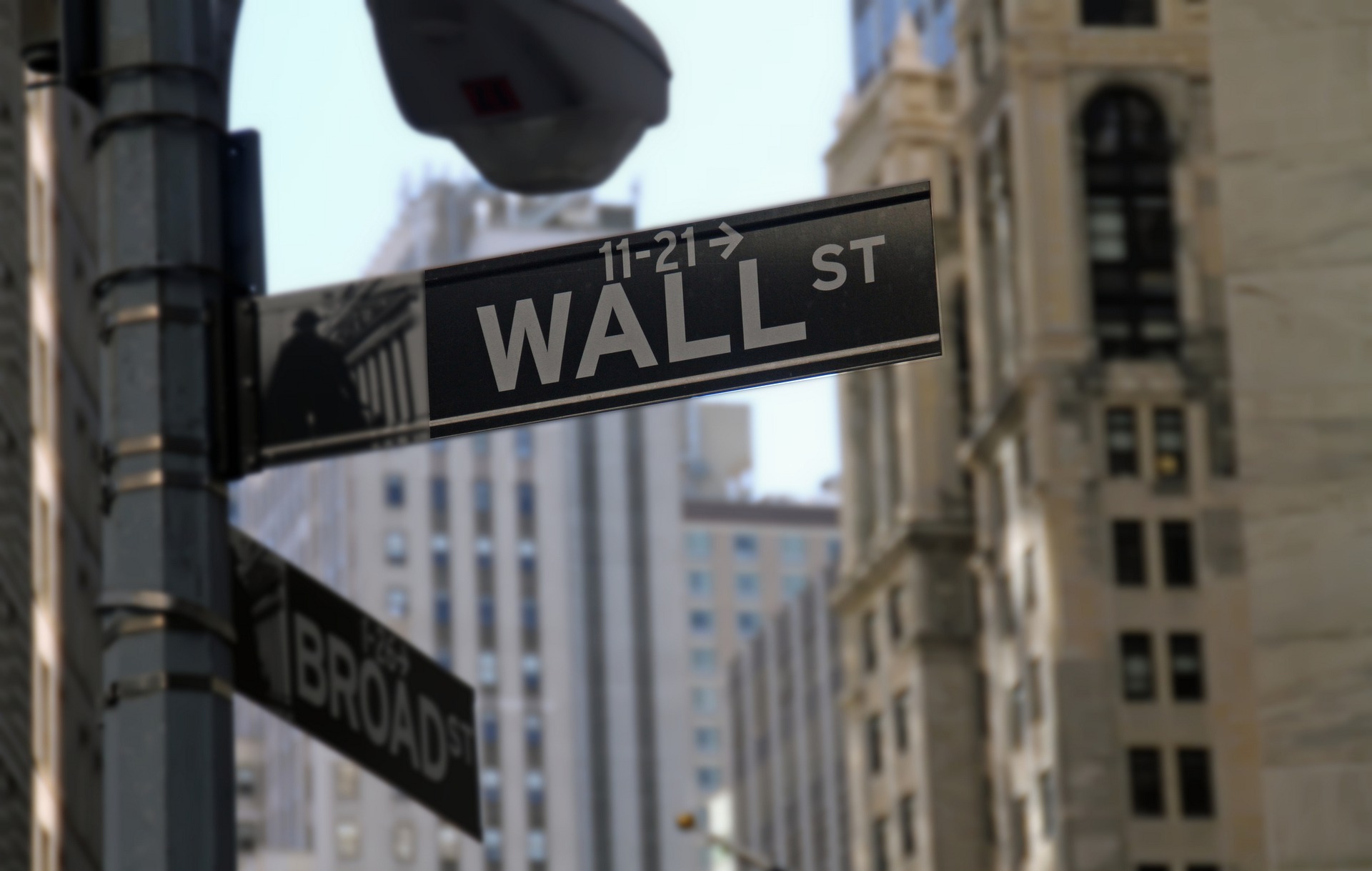When the fun stops, GameStop

By: Tarik Salih, Account Executive in Financial Services
Over the past decade, investment platforms have set in motion a trend toward the democratisation of investments. Gone are the days of meeting a broker to get a quote and then mailing them a physical cheque or wiring a transfer of money – a taxing process that often deterred the masses from investing.
Now the process is much simpler. The onset of easy-to-use investment apps has increased access to market information and rock-bottom interest rates during the pandemic have invoked a changing investor sentiment.
Now, the term ‘investor’ is no longer exclusive to a handful of elites on Wall Street – instead, all you need is access to a phone, an app and you’re ready to go.
So, now the power of investing is in the hands of many, and not just large hedge funds and private equity firms – but how and why did it actually happen?
Let’s break it down.
Not too long ago, GameStop’s (GME) stock value was dwindling. They had become a target of short-sellers, which are essentially investors who borrow other people’s stock and sell that stock immediately in order to buy it back later at a profit. In brief, they were betting against GME stock and by short-selling they were accelerating and profiting off GME’s falling stock price. They did so largely because they believed consumer patterns were changing as digital downloads of video games and movies were beginning to eclipse hard copy sales.
One Reddit forum, r/wallstreetbets, blamed these short-sellers for GameStop’s demise. In response, Reddit’s users expressed a vigilante-style desire to stick it to the investors who were shorting these stocks. They did this by creating what’s called a ‘short-squeeze’ – a phrase that has dominated recent headlines.
Put simply, a short squeeze occurs when a stock price or asset sharply rises, resulting in an erosion of short-sellers’ profits. If prices continue to rise then their profits will lead to losses, meaning they have to sell and are ‘squeezed’ out of their positions.
Melvin Capital was one hedge fund that found itself in the crosshairs of the Reddit mob’s short squeeze. Aggressive pleas to drive GME’s shares ‘to the moon’ resulted in Melvin sustaining a 53% loss – bringing to reality an unlikely tale of retail investors rising up against hard-nosed hedge funds.
It should be remembered, however, that just because investment apps have hailed themselves as ‘democratisers of finance’ doesn’t mean it’s a good thing for your pocket. In fact, Reddit investors lost upwards of $10 billion as GME stocks plummeted.
Moral of the story? Make sure that when you start investing you know about the risks before jumping in.
What does GameStop’s episode mean for PR? Ted Harvey, Account Manager in the Capital Markets team, explores this topic further.
Related News
-

Getting AI to train your spokespeople
June 27, 2025 -

25 years of TradeTech – the good, the bad and the road ahead
May 19, 2025